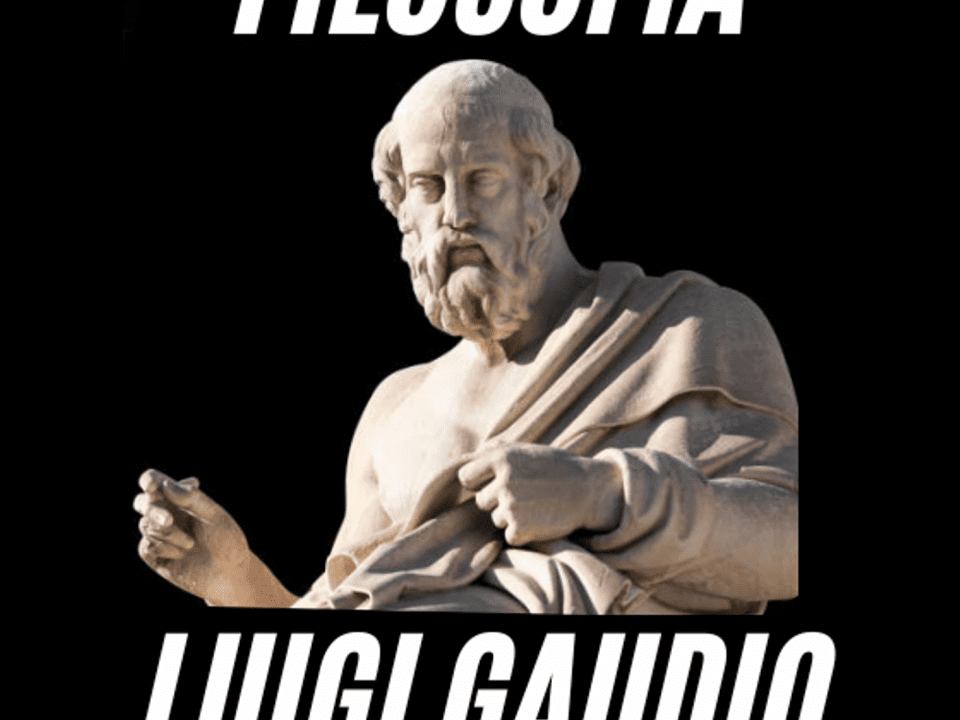


Amleto
27 Gennaio 2019


poter salvare una vita…
27 Gennaio 2019 The Renaissance rediscovered the minor,unassimilated schools of ancient thought: Cynism, Epicureanism, Skepticism, and,especially,Stoicism. Indeed,from Shakespeare’s time through the nineteenth century,”philosophical” meant in English primarily what in the twentieth century we would call “stoical”.Stoicism was born in Athen with Zeno of Cizio (332-263 b.C.) and this philosophical school took its name from the “Stoa Pecile” (picture porch).With Stoicism we intend philosophical school based on endurance and detachment from the pain,accepting with resignation the universal law of the “Logos” (apathy).Every man is part of universal order and no-one can break it,but he can only endure the troubles and be happy for the sweet things.The top of stoic wisdom is living according to nature and accepting with happiness each destiny.The Stoics must follow the reason that teaches how everything is good in the universe because everything is governed by divine providence.The Stoics must also follow the duty (virtuous actions) and they mustn’t do bad actions;they live avoiding every passion with a perfect apathy.For the defence of the personal freedom the Stoics can also admit suicide.According to the universal law that governs everything the man must be inhabitant of the world (cosmopolitism) and every particular law,geographical and cultural difference are wrong and false because all men are free and equal.Hamlet shows to be a stoic in act III,in his soliloquy:the most famous words <<To be,or not to be- that is the question.>> (vv 56) mean that he is thinking about life or death.
For a man is it nobler to live, enduring all the sufferings, or to die, escaping from the pain and the grieves? But this is only the first doubt for Hamlet; actually everybody knows that they have to suffer in their life, but no-one knows what there could be after death, so dying is also a sign of great courage. Hamlet must realize what is nobler and suicide depends on this choice: the Stoics admitted suicide, but whether it is wrong or right it depends on the nobility of the choice :<<For who would bear the whips and scorns of time,th’oppressor’s wrong,the proud man’s contumely,the pangs of the prized love,the law’s delay,the insolence of office,and the spurns that patient merit of th’unworthy takes,when he himselfs might his quietus make with a bare bodkin?>>(vv.70-76).In our opinion, Hamlet considers the endurance of the pain of life nobler because he says that the doubt between living or dying prevent anyone from acting: <<Thus conscience does make cowards of us all,and thus the native hue of resolution is sicklied o’er with the pale cast of thought,and enterprises of great pitch and the moment with this regard their currents turn awry and lose the name of action>>(vv.83-88).Hamlet also defines death like <<sleep>> showing the inactivity of that state. Hamlet proves to be a stoic also in act V, in the scene of the graveyard. When he is speaking to Horatio he is thinking about the fact that everyone has to die, also the most powerful men in history like Alexander the Great and Julius Caesar that are now dust : << O,that this earth which kept the world in awe should patch a wall t’expel the winter’s flaw>>(vv.212-213).This shows that for Hamlet there is a common,universal law that governs human lives and the only consolation for everyone is that troubles, problems and, above all, death are universal and everybody is affected. Hamlet, speaking
to Yorick’s skull, according to his philosophy, threatens also Gertrude of a similar end :<<Now get you to my lady’s chamber, and tell her, let her paint an inch thick, to this favour she must come:>>(vv.192-194).When Hamlet feels the pain in his chest he says :<<It is but foolery;but it is such a kind of gaingiving as would perhaps trouble a woman.>>(vv.215-216) and this means that he his ready to endure every pain to take his revenge and he actually also says:<<…we defy augury…If it be now, tis not to come;if it be not to come,it will be now;if it be not now,yet it will come-the readiness is all.>>(vv.219-222). With these words he confirms the unchanging of the fate because death arrives according to a divine law that governs the whole universe. When Hamlet is going to die because he has drunk the poison and also Horatio wants to die,he stops him because the scholar must tell the true story about the events that took place at the Danish court and the prince says:<<if thou did’st ever hold me in heart,absent thee from felicity awhile,and in this harsh world draw thy breath in pain,to tell my story.>> (vv.352-355). It seems that Hamlet has finally decided what the most noble thing is: to live. Hamlet’s behaviour reflects the priciples of Stoicism and,above all,he is really sure that there is a superior force that governs the life of everybody and that no-one can disobey it.
The end
Every day a gazelle gets up,
and she knows
she must run faster than the l’ion.
Every day a l’ion gets up,
and he knows
he must run faster than the gazelle.
Don’t care if you are
the gazelle or the l’ion:
just start running!



